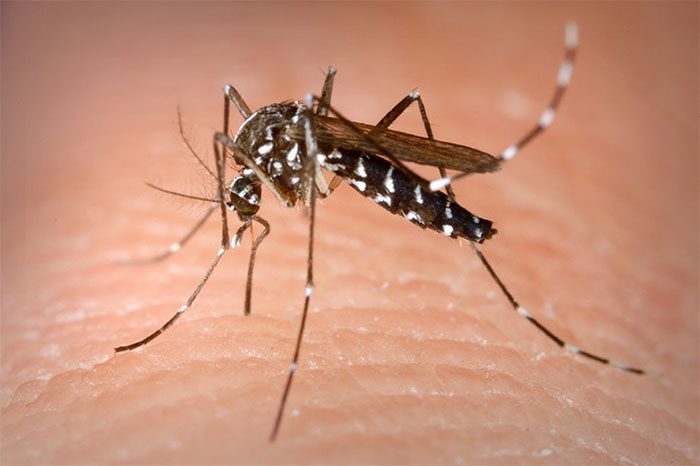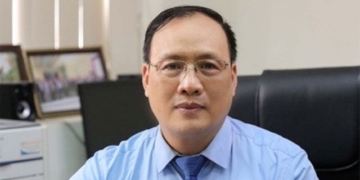Approximately half of the world’s population is at risk of contracting dengue fever, with nearly 400 million cases reported each year. The risk will increase further as global warming creates favorable conditions for the growth of mosquito species that carry the virus.

A new study has discovered a method to classify the severity of dengue fever in individual patients.
Until now, there has been no accurate way to predict which patients are at risk of severe illness. However, a recent study has found a way to use immune cells to classify the potential severity of the disease, opening up opportunities to improve treatment, save costs for the healthcare system, and help develop a specific diagnostic test kit for dengue fever.
The study is led by Professor Diana Hansen from the Monash Institute of Medical Research at Monash University (Australia), in collaboration with the Walter and Eliza Hall Institute of Medical Research (WEHI) in Melbourne and Dr. Tedjo Sasmono from the Eijkman Institute (Jakarta, Indonesia). The research was recently published in the Journal of Biomedical Science (JBS).
Professor Hansen’s research team found that during the second infection with the dengue virus (secondary infections are usually more severe), a group of people exhibited T cell responses that reduced the severity of the disease.
Professor Hansen stated: “This type of immune cell is mobilized by the adaptive immune system. It is a targeted response specific to the pathogen that helps you recover better. The remaining group of patients lacked this specific response, instead exhibiting an innate immune response characterized by strong inflammatory reactions to control the virus. These individuals experienced severe illness and were more likely to require hospitalization.”
According to Professor Hansen, identifying the types of cells and their subgroups is not easy: “We utilized cell mass spectrometry techniques, tagging cell types with rare metals, allowing us to identify specific cell types in blood samples and isolate them.”
Professor Hansen’s research team is confident that the findings from this study will enable them to develop a specific diagnostic test kit for dengue fever, similar to the rapid antigen test kits for COVID-19. With this testing kit, doctors can classify dengue patients at an early stage to determine who needs hospitalization and who does not, rather than admitting all patients. This will be beneficial for healthcare facilities in areas prone to dengue outbreaks, which often face patient overload.
“The dengue virus is one of the major challenges in tropical medicine due to the lack of a highly effective vaccine and treatment methods for severe cases. Reducing healthcare costs is particularly important for Southeast Asian countries, where 75% of the population is exposed to the dengue virus. We are starting a second clinical study in an outbreak region in Indonesia to gather more specificity in identifying specific cells that help predict the likelihood of severe disease progression, bringing us closer to developing a diagnostic test kit for early-stage patients,” Professor Hansen shared.


















































